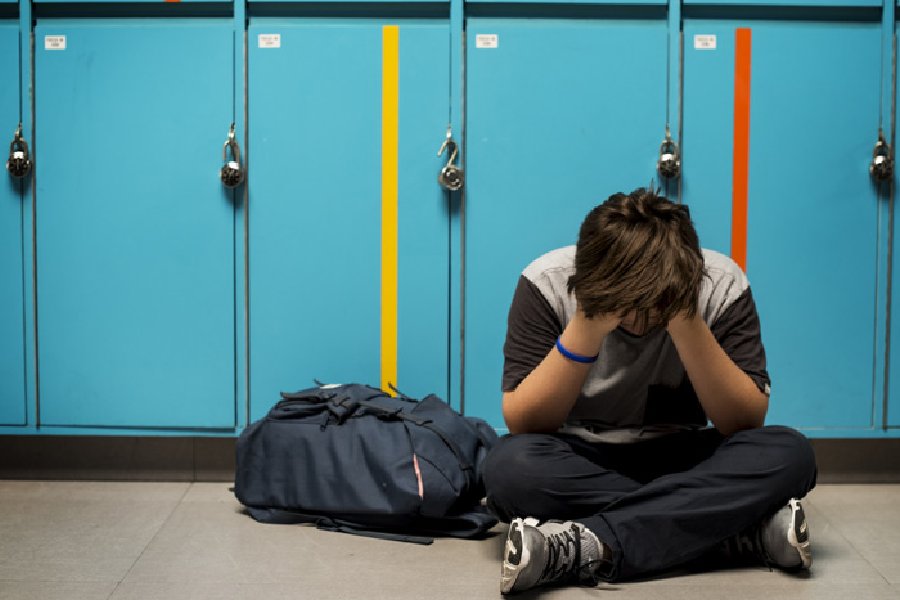One of the three teenage boys who have been apprehended for allegedly assaulting a 22-year-old man suffering from autism scored around 85 per cent in the higher secondary exams this year, police said.
All three, including the one who scored high marks in the HS, are said to have told the police that no one ever told them that bullying a person with special needs could be an offence and could attract penal action.
The incident is an eye-opener on how guardians and schools may have failed to instil a sense of right and wrong in children, resulting in consequences that have a direct bearing on their future.
The three boys were produced before the Juvenile Justice Board on Tuesday and sent to a home in Ariadaha till July 31.
The boys, who have apparently been telling the police that they were clueless about their alleged offence, broke down after learning that a government home for juveniles was going to be their address for the next few days.
“Even after they had been apprehended, they said they had no idea what their offence was. In fact, they were trying to portray the incident as a minor issue. Possibly, that is because no one told them — neither at home nor in the school — that bullying is an offence,” said an officer dealing with the case.
The complaint lodged by the parents of the 22-year-old says the youth, who has 70 per cent disabilities, was walking along Pratapaditya Road when three boys approached him near the road’s intersection with Rashbehari Avenue and asked him to “dance” on the road.
When the youth refused, he was allegedly beaten up.
Based on a complaint lodged with Tollygunge police station on Sunday night, the police searched for the three boys. They were apprehended from their homes on Monday.
“Initially, the boys claimed it was the victim who picked fight and started beating them. Later, they said they did not think that their action (asking him to dance and then beat him up when he resisted) was going to land them in a police station,” said an officer.
Section 92 of the Right of Persons with Disabilities Act, 2016, deals with the punishment for atrocities against a person with disability. The punishment for an adult offender is imprisonment for a period ranging from six months to five years.
Sudeshna Roy, chairperson of the West Bengal Commission for Protection of Child Rights, said: “If the children allegedly in conflict with the law are found guilty, their punishment would be the discretion of the Juvenile Justice Board as being minors they will also fall under the purview of the Juvenile Justice Act.”
